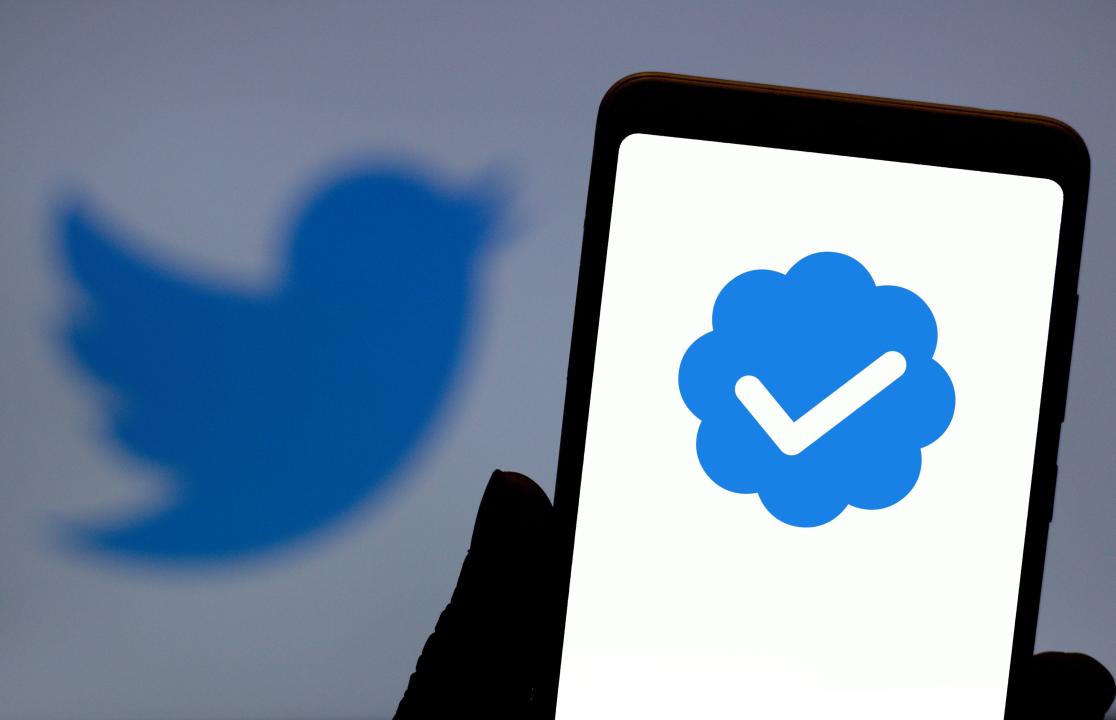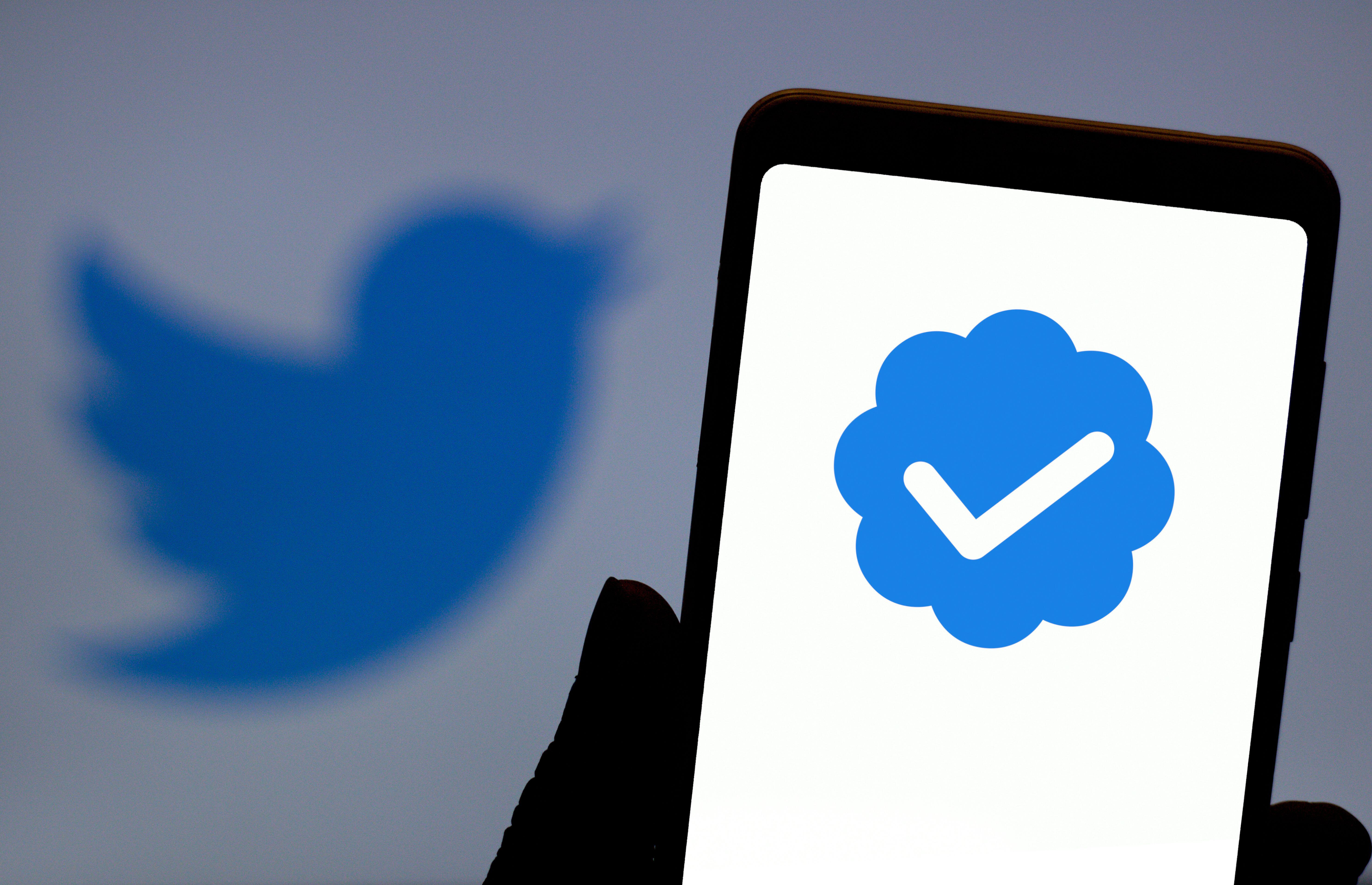I’ve just given Elon Musk $8 a month to get a blue tick by my name on Twitter. The fact I haven’t been able to secure one of these ticks on merit like so many other nonentities has been a source of near-constant irritation for the past half decade, particularly given how much time I spend on the site.
My assumption had been that a Spectator-reading Twitter employee would eventually accept my brilliance – perhaps after reading something rude I’d written about Meghan Markle – and press the required button to make it happen. But when I finally accepted this wasn’t likely, about two years ago, I decided to take matters into my own hands.
I began filling out the website’s online verification request form. I’ve applied about a dozen times – close to the maximum amount, I believe, given there are limits on how soon you can reapply. In each instance, I cited my status as a freelance journalist – one of the stipulated criteria for verification – and, as requested, provided links to pieces I’d recently had published.
The speed of rejection – sometimes near-instantaneous – was unfailingly, and searingly, humiliating. Why was it happening? How did they know so quickly I was unworthy? I felt seen, as the kids say, and not in a good way. Christopher Hitchens’s mother once said that if there was going to be a British upper class, her son was going to be a part of it. This is exactly how I felt, and still feel, about the blue tick. If there were going to be people of special significance on Twitter, then I wanted to be one of them. That I wasn’t, and seemingly never would be, hurt terrifically.
So I had no qualms, as soon as it became possible, about buying a blue tick. The only problem is I’ve come to realise giving people like me blue ticks is precisely the reason Twitter will now fail. There’s no getting round the fact I’m not cool – and neither, I suspect, will be 99 per cent of the people who pay for verification. Early Twitter adopter Stephen Fry has already left the site, joining an exodus of other trendy types including Whoopi Goldberg, Jameela Jamil, Gigi Hadid and Lionel Barber.
Ultimately, it’s this desire upon which all civilisation is founded. Once blue-ticked, why would anyone leave Twitter? Senators didn’t leave Rome
‘Good riddance,’ you might think, but it’s one of the immutable laws of the universe – as much as it pains me to say it – that where the cool kids go, the rest follow. This is as true of nightclubs, shops and holiday destinations as it is of social media websites. The whole attraction of Twitter has always been you get to interact, or at least have the chance of interaction, with the beautiful, famous and clever people who use it. If they go somewhere else, inevitably in time the herd will go too.
This is why the awarding of blue ticks in 2009 on account of a person’s notability was an act of genius. In an instant, a formal Twitter class structure was created – one every bit as arbitrary-seeming and madly aspirational as any real-life class structure. Human beings understand class structures and deep down we like them, because we’re hardwired to try to scramble up them. Ultimately, it’s this desire upon which all civilisation is founded. Once blue-ticked, why would anyone leave Twitter? Senators didn’t leave Rome.
Yes, for those us without them (and, like me, bitter about it) owners of blue ticks could in many cases seem to possess zero discernible talent, but that was always the point. It meant achieving blue-tick status was, in theory at least, possible for anyone – even if you weren’t a chat show host, titan of industry or rock star.
Besides, haven’t we all in real life encountered people whose material success and social status seem utterly at odds with the awfulness of their personality, or their objective lack of intelligence and self-awareness? Just because we can’t fathom how someone got what they have, it doesn’t mean we don’t want it for ourselves.
When he announced Twitter would begin charging for blue ticks, new owner Elon Musk directly referenced the ‘lords and peasants system’ the marks had created, declaring: ‘Power to the people! Blue for $8/month.’ At the time I cheered rapturously and began considering the many pleasing ways I would experience and use my new power as a freshly minted blue tick.
But that’s when it hit me. Musk wasn’t facilitating some sort of cyber uprising of the proletariat. Quite the opposite. By making Twitter solely about money, it becomes just another slice of the corporate hell that ever more rapidly seems to subsume every aspect of modern culture. In the same way the hip restaurant frequented by artists inevitably ends up annexed by City droids, so too will Twitter become a place where it’s not about whether or not you’ve got a tick, but how big your tick is.
Once Twitter status can be bought, what’s to stop different colours being introduced to denote different membership tiers? Deep purple, perhaps, for $1,000 a month. Corporatism knows no other way.
In the meantime, how to get around the social embarrassment of a blue tick appearing by my name as soon it’s possible to buy one? Easy. I’ll tell whoever asks that I consider $8 a month to be the least I can do to support Musk in his battle against the dark forces of woke-ism, and for the cause of free speech.
But that will be a lie. As much as I approve of what Musk is doing, I’ve bought a blue tick purely for my own elevation above all the yelling cyber-schmucks who can’t afford one. And that’s why Twitter – slowly at first, and then very quickly – will go the way of all the other social media sites that have fallen, or are falling, by the wayside. First uncool, then irrelevant, then death.







Comments